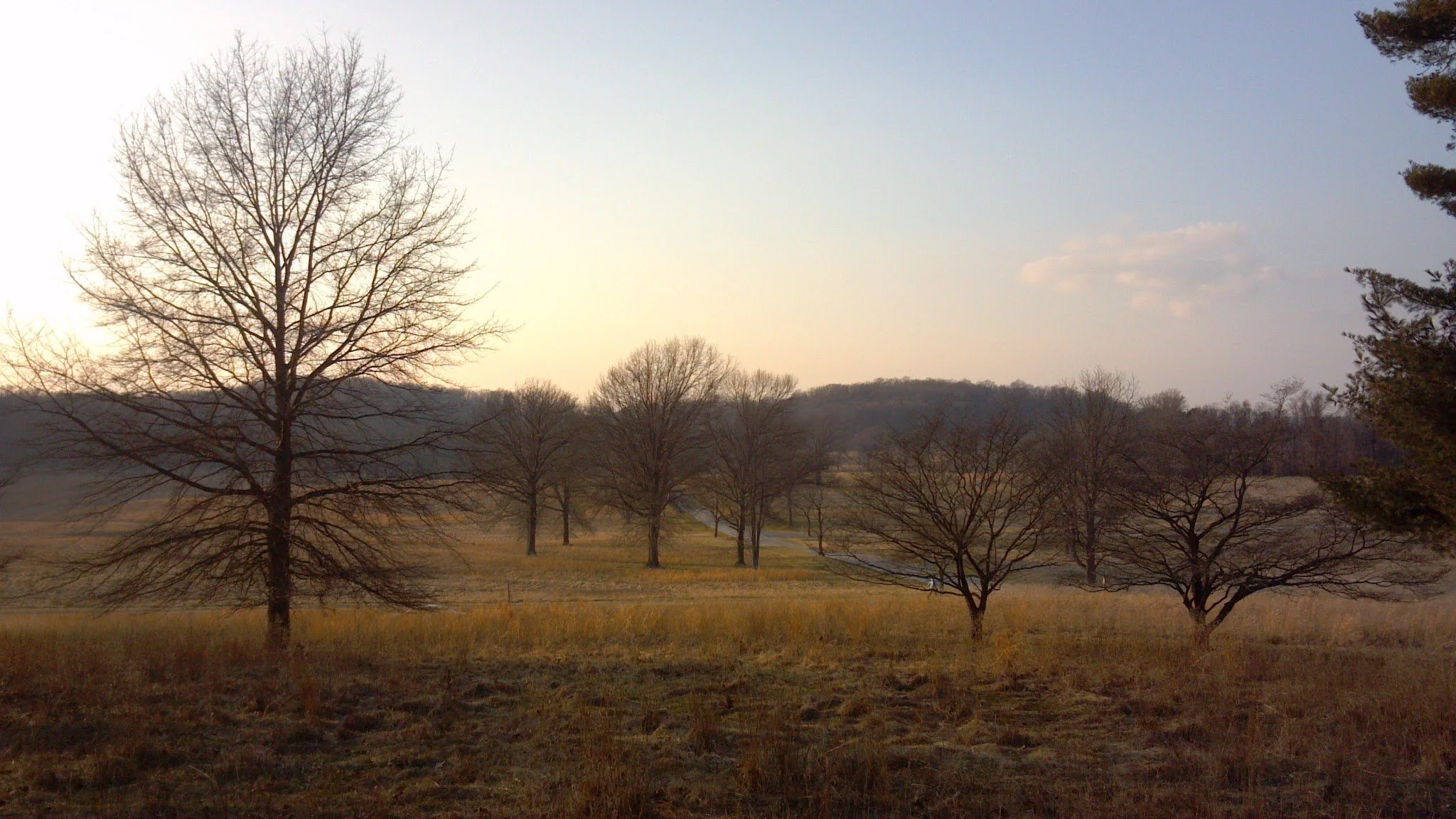Empty Country’s first album, the incredible “Empty Country,” came out at a tough time, late March, 2020, right when many pandemic restrictions started to go into effect. So there was no touring, of course, and though the album got good reviews, it didn’t seem like it got nearly the attention it should have. In between that album and the new one, “Empty Country II,” Joe D’Agostino moved from Philadelphia to Connecticut and, as he mentioned on his Patreon, went through a period of creative dormancy until 2021, when he wrote a few songs, including “Cool S”—a true epic (like the first album’s “SWIM,” also about a criminal) and the last song on the new album—which he said helped him find his voice again. The new album is D’Agostino pushing himself and his considerable storytelling skills in new directions—an album full of compelling characters moving through various forms of trouble: with themselves, family, love, the law, drugs, the world as a whole. There’s an evolution here from the first Empty Country album, both musically and lyrically—everything is bigger, wilder, higher stakes. D’Agostino inhabits these characters like a method actor and portrays their lives faithfully and humbly, never slipping into caricature or cliché.
The album starts with “Pearl,” an in-character song related to “Marian,” the opening track of the first Empty Country album, about a teen longing to escape her life in West Virgina, but not wanting to leave her mom behind. I’ve written before about D’Agostino’s skill as a lyrics writer, and it’s on full showcase here, setting the scene with specific, telling details: “Home from school/I’m on suspension/for selling all my Ritalin/Mare makes eggs/then she gets down to business/by 3 she’s comatose/dark den/snowy television.” The picture of two lives sketched out in the space of a couple lines.
There are (at least) two songs on the album where it seems like D’Agostino serves as the narrator, and they’re both heartbreaking in different ways. The first, “Erlking,” D’Agostino said he wrote on the day of the Uvalde shooting, but it’s also about the kids who were shot and killed at Sandy Hook in 2012. The song starts with this: “Those twenty kids/should be visiting colleges/and kissing in dim finished basements.” The other is “David,” D’Agostino’s touching tribute to David Berman, who was a friend and mentor. Lots of good lines (many of which D’Agostino said are references to Berman lines), but I love the ending of the song: “It’s safe as the seabed/of an alien ocean/and the mailer daemon/won’t deliver this message.”
I’ve written about this before too, but I think D’Agostino is one of the best musicians writing about and capturing the feeling of being a kid or a teen in the suburbs. Cymbals Eat Guitars’ “LOSE” was the big one for this, but there’s a lot of those faithful depictions of aimlessness, wandering, doing random shit in the woods, hitting up malls, hanging out in basements, etc., throughout all of D’Agostino’s work. “Syd” and to some extent “Lamb” feel like they fit in this tradition—the first about a kind of rivalrous friendship between two teens that suddenly ends and leaves one party feeling abandoned and bewildered, and the second about a character biking out in the woods, doing jumps, and getting injured, remembering a long-ago spring when she was 3.
“Dustine” is one of the story songs on the album—maybe about a girl who dabbles in witchcraft out in the way western part of Virginia—and probably one of my favorite songs that D’Agostino’s ever done. There’s something irresistible about the riff that powers this song, and the way it interacts with the bass, it all flows together so well with the melody and how D’Agostino delivers the lyrics: “My sister is a river/and I’m a figurine/made from the dust of my brother/and midribs of maple leaves.” The rhythm and weirdness of that, so good, so beautiful.
